On this page you will learn about the courses taught by members of our research groups, as well as access the course syllabus.
Disciplinas segundo semestre de 2021
Social Movements
This undergraduate and graduate course has two central objectives: first, to discuss the phenomenon of collective political participation – with a focus on understanding the process of mobilizing groups that seek to challenge or transform existing social or political practices; second, to provide students with an opportunity to “go into the field”, to develop original research based on qualitative research techniques, especially semi-structured interviews and document collection.
Profa.: Rebecca Abers
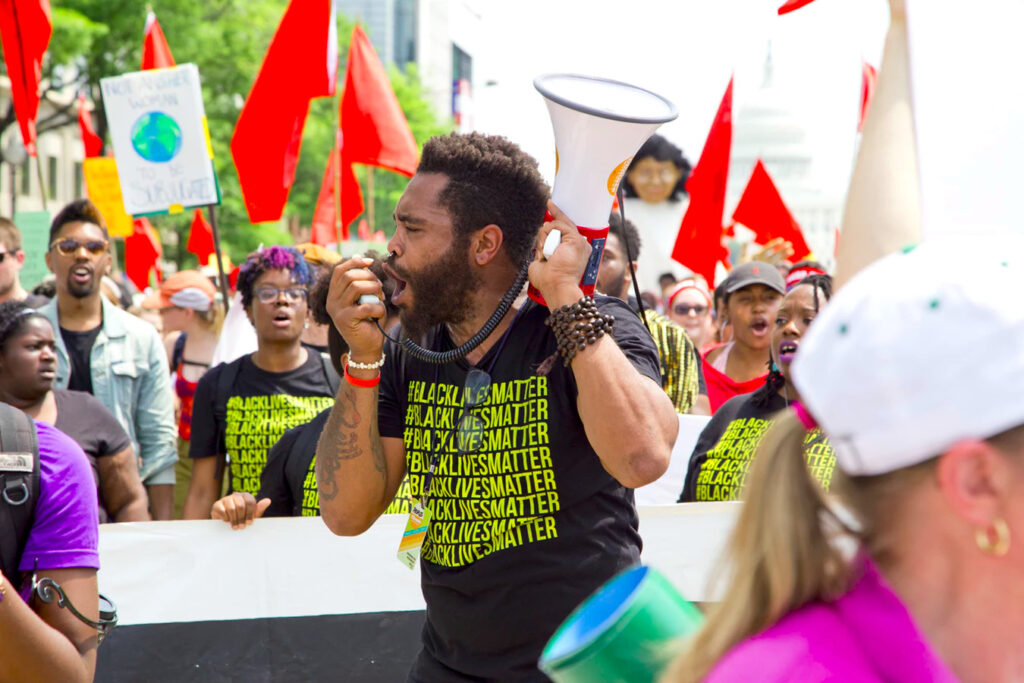
Participation, Representation and Democracy
The objective of the course is to reflect, from a theoretical and empirical/analytical point of view, about the duality between collective political participation, as a practice of social movements and civil organizations, and political representation, as a dynamic of elected actors exercised in the institutions of the political system. The main thread of the program is the questioning of the clear demarcation of the boundaries between state and society, participation and representation, based on some dualisms present in the literature on participation, social movements and political parties and, to a lesser extent, in the theories of democracy and representation.
Profa. Debora Rezende de Almeida
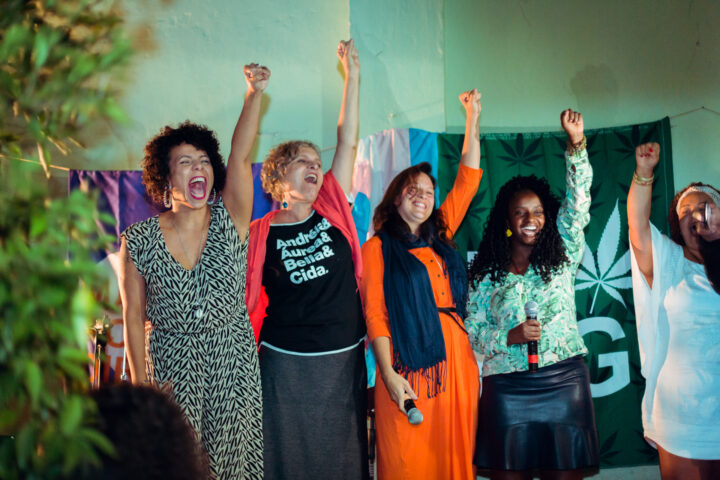
Research Techniques in Political Science
This course introduces students to the distinctive research techniques used in political science. The objective is to enable them to use research techniques to analyze empirical problems. It is intended, mainly, that the students can position themselves critically as to the possibilities and limits of data collection and the production of scientific knowledge.
Profa. Marisa von Bülow
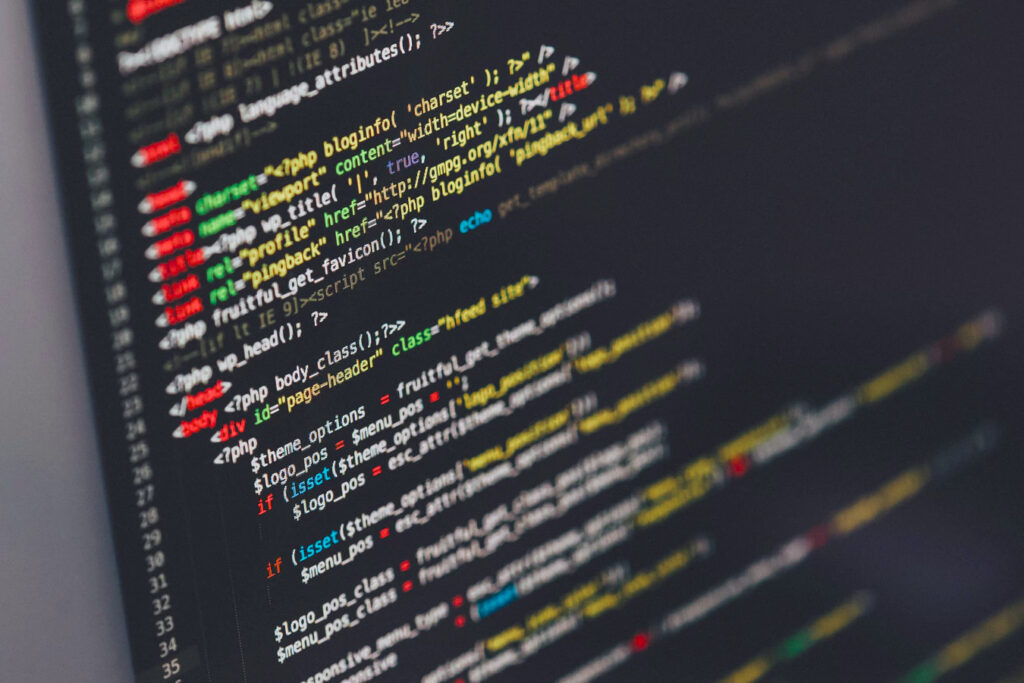
Brazilian Politics 1
The objective of this undergraduate course is to discuss the principles of Brazilian political organization, from the critical analysis of the events and institutions that developed from the beginning of Brazil’s political and social organization to the Estado Novo period. The course also seeks to reflect on the relevant themes of the period in the light of contemporary readings, in order to think about their influences and survivals in Brazilian politics
Profa. Debora Rezende de Almeida
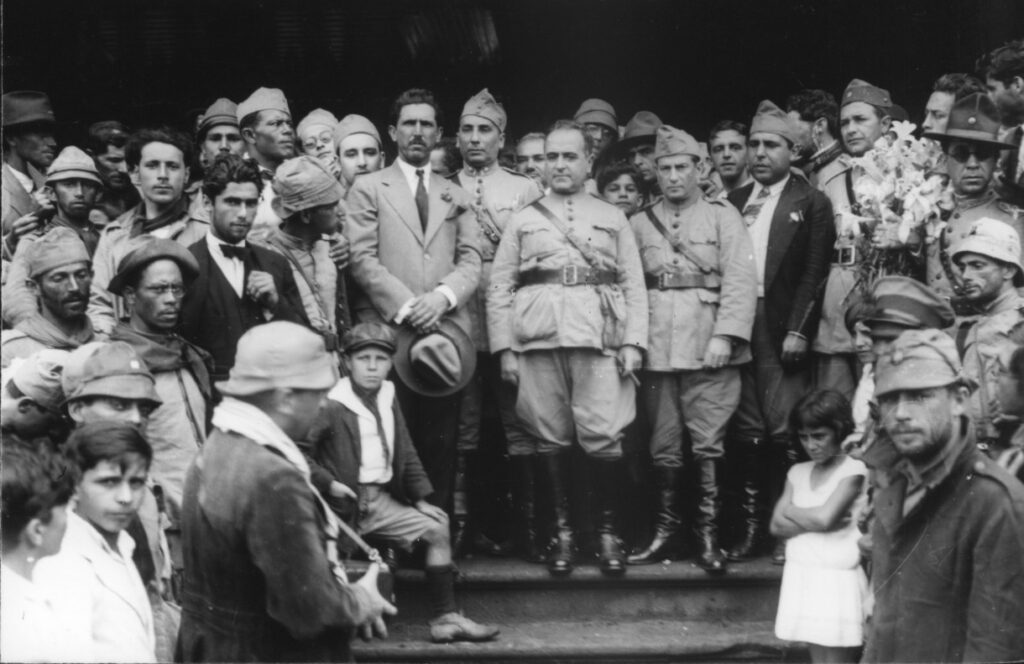
Internet and Politics
This course is taught at the undergraduate and graduate levels. It provides students with knowledge about the relationships between digital technologies and politics. It discusses emerging forms of political activism and the interrelations between online and offline political action.
Profa. Marisa von Bülow

Disciplinas primeiro semestre de 2021
Political Representation
The contemporary debate of the last two decades has reactivated the concept of political representation as an object of theoretical construction, from two directions: within theories linked to the functioning of representative government and beyond, focusing on the plurality of actors and groups that represent, even if unauthorized. The aim of the discipline is to review these developments, from attention to the consolidation of modern meanings of representing, to advances in the understanding of representative government, and to recent critiques of the liberal model by both theorists of representative government and those who point to the pluralization of representation.
Profa. Debora Rezende de Almeida
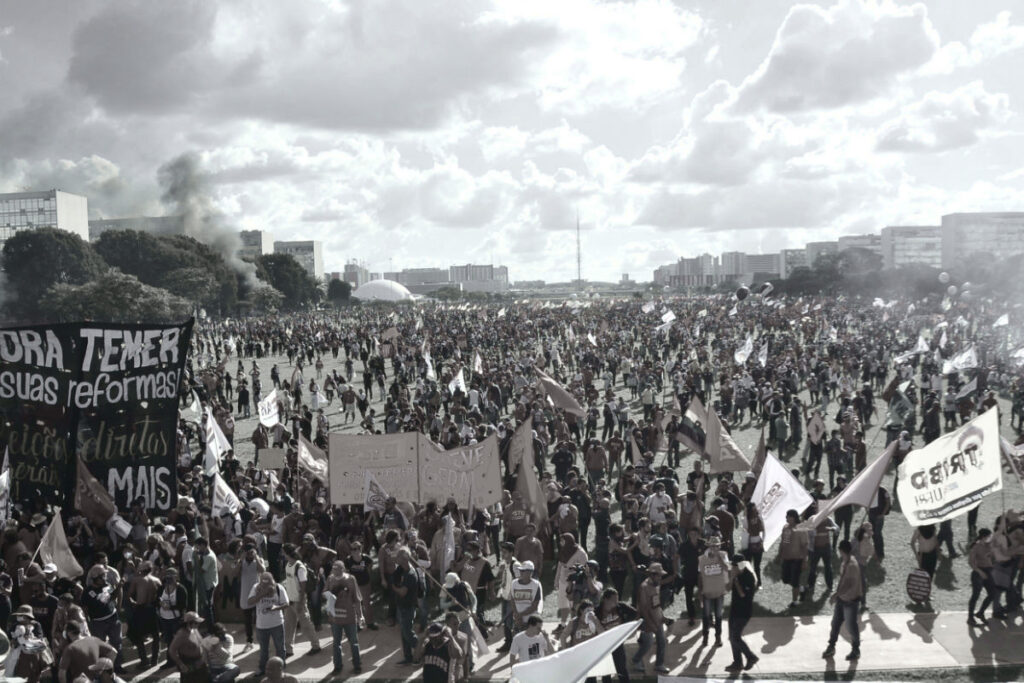
Other subjects were taught and, because they remained on the schedule in subsequent semesters, they are presented above with their updated syllabuses.
Disciplinas segundo semestre de 2020
Contemporary Political Theory
São apresentadas algumas das principais discussões teóricas dos últimos cem anos, tanto no campo da ciência política, quanto na sociologia e filosofia políticas. Reconhecendo a pluralidade de visões teóricas contemporâneas, a disciplina busca apresentar uma diversidade de perspectivas sobre como opera e/ou deveria operar o mundo da política, privilegiando aquelas que influenciam debates atuais.
Profa. Rebecca Abers
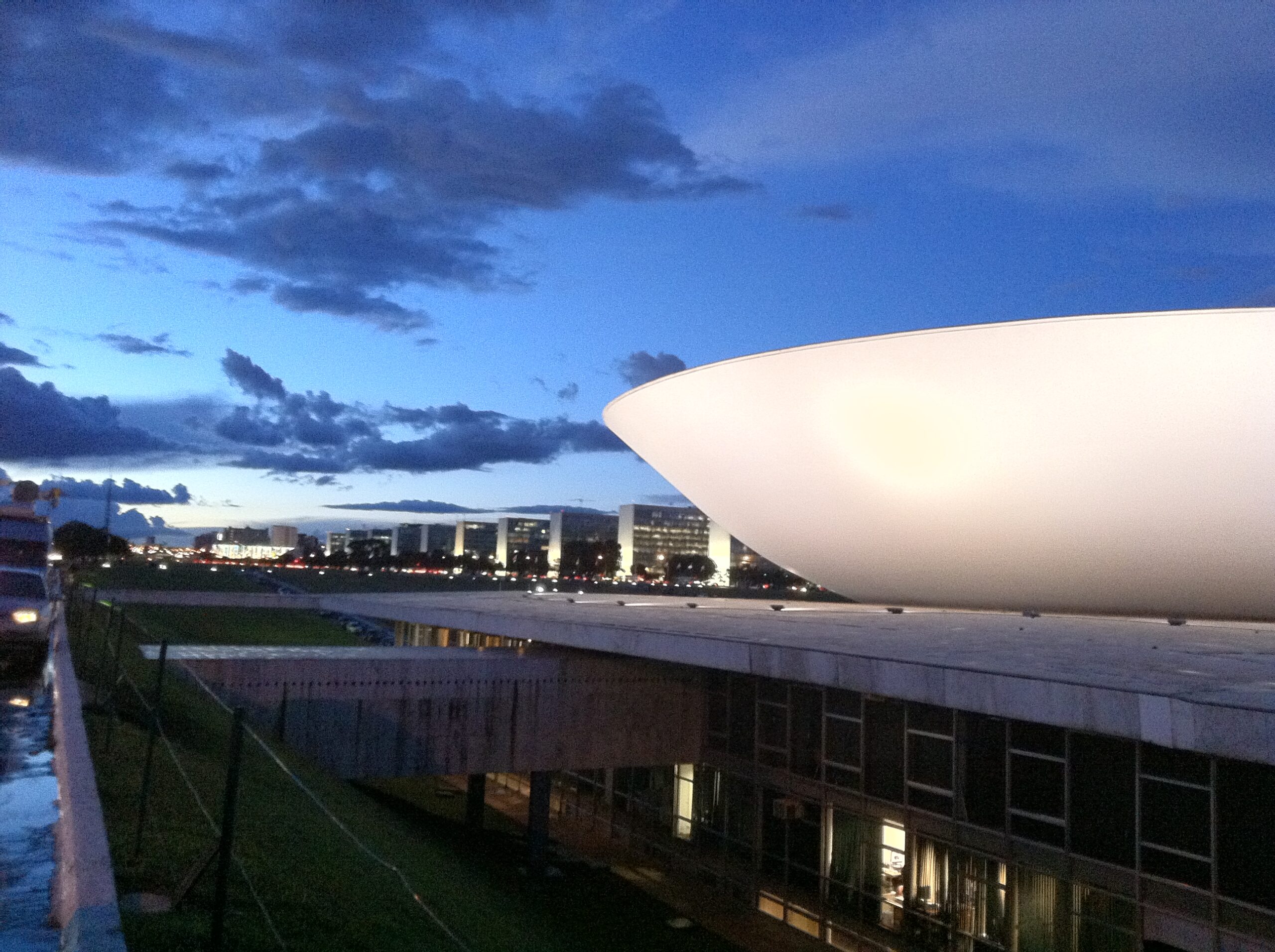
Contemporary Brazilian Politics and Society
This course presents a broad overview of the main questions on Brazilian politics and society since the transition to democracy in 1985. It focuses on the evolution of democratic political institutions and processes, state-society relations, and major social and demographic changes and their impact on the political system throughout the last three decades.
Profa. Rebecca Abers e Prof. André Borges
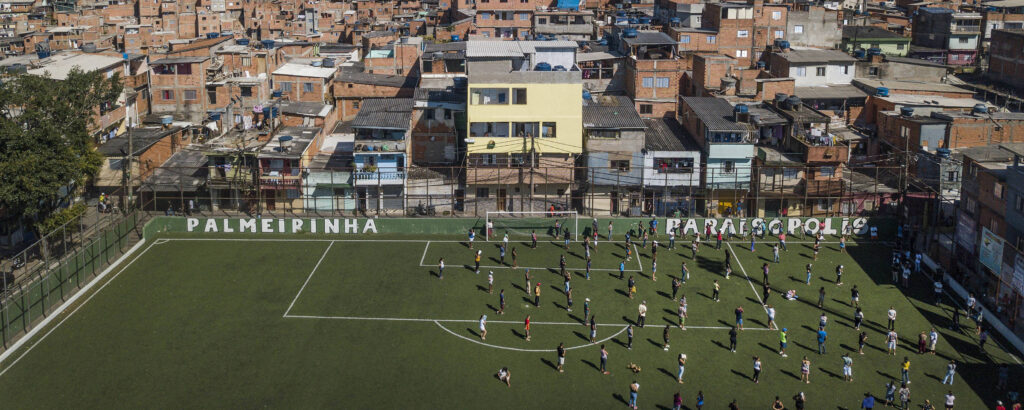
Methodology
This graduate level course aims to present the methodological foundations for research carried out by contemporary political scientists. Students are presented with a panorama of approaches examining their possible uses, limits and possibilities. The course integrates is a required course for the Master’s and Doctoral Degrees in Political Science at the UnB.
Profa. Marisa von Bülow e Prof. Frederico Bertholini

Other subjects were taught and, because they remained on the schedule in subsequent semesters, they are presented above with their updated syllabuses.
Disciplinas primeiro semestre de 2020
Political Theory and Analysis - Democracy and Society
This graduate level course discusses some of the central debates of contemporary political science. The topics addressed are the problems of political representation and the crisis of democracy, democratic theory and collective action, theories of the State and theories of justice. Within these themes, different theoretical perspectives are discussed, with special attention paid to liberal, pluralistic, Marxist and neo-Marxist, feminist and postcolonial perspectives. The course provides a comprehensive and critical overview of the central topics discussed in current political science.
Profas. Debora Rezende de Almeida e Danusa Marques

Political Theory and Analysis - Politics and Institutions
The course will focus on the study of different analytical models used in contemporary political science, with emphasis on the discussion of political institutions; their incentives and constraints on political behavior, their dynamics of stability and change, and the possible causes of continuities and transformations. The course is divided into two modules. The first is devoted to the evolution of theoretical and methodological paradigms of empirical research in political science, particularly with regard to the debate between modernization theories and the neoinstitutional approach. The second module deepens the discussion on neoinstitutionalist theoretical perspectives, with a focus on institutional change. The debates on gradual change, organizations, actors, networks, ideas, and agency in the production and transformation of political institutions will be explored.
Profa. Rebecca Abers e Prof. André Borges

Other subjects were taught and, because they remained on the schedule in subsequent semesters, they are presented above with their updated syllabuses.
Disciplinas semestres anteriores a 2020
Political Creativity
This graduate level course explores an emerging literature in the social sciences that rejects antinomies of human action: rational/calculating versus cultural/normative; autonomous versus structured. We explore the proposal that human action is both reflexive and routine, always situated in contexts that create at the same time the constraints and resources that support creative action.
Profa. Rebecca Abers
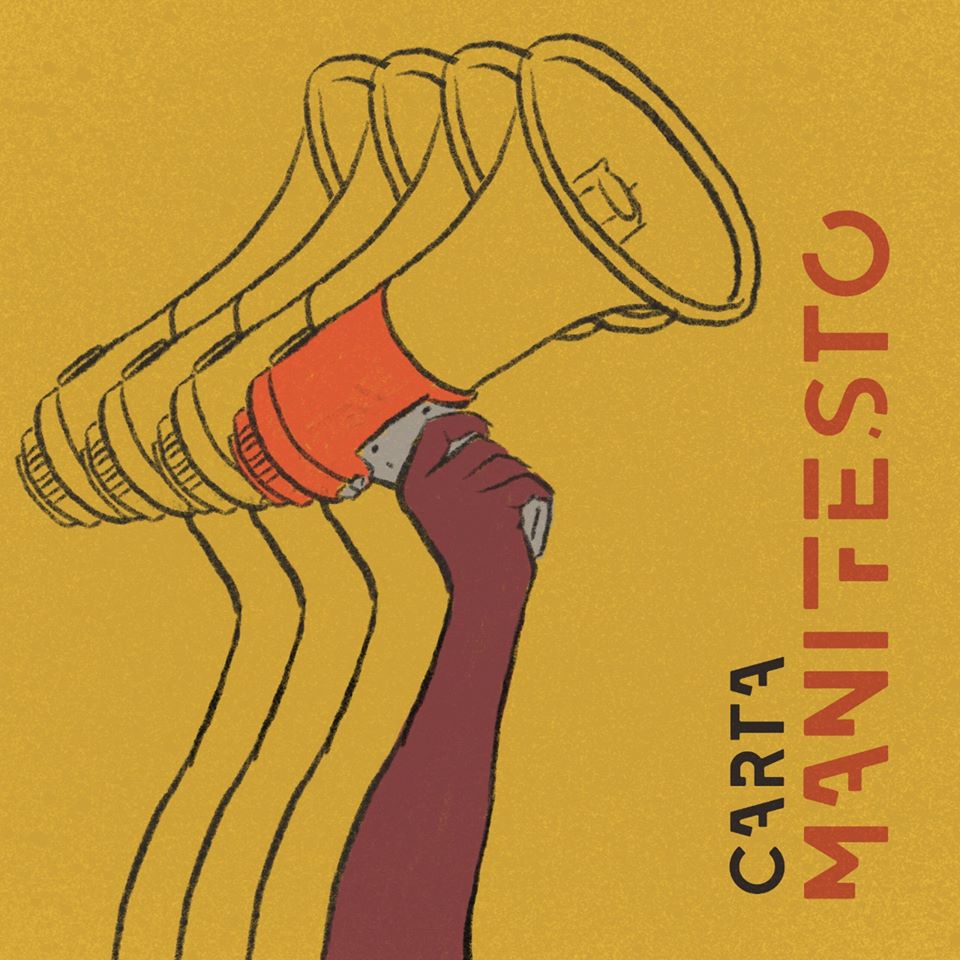
Ethnography in Political Science
The aim of the course is to offer students an overview of ethnography as a research method, considering its increasing use in the field of Political Science.
Profa. Camila Penna

Other subjects were taught and, because they remained on the schedule in subsequent semesters, they are presented above with their updated syllabuses.
